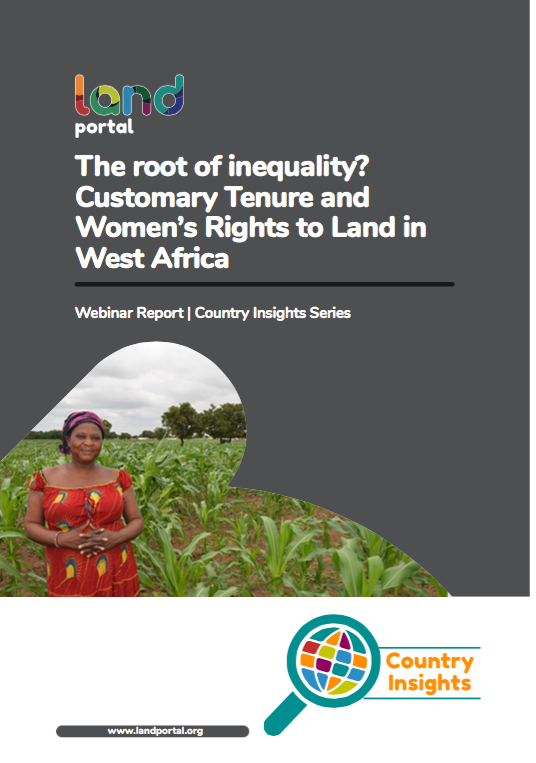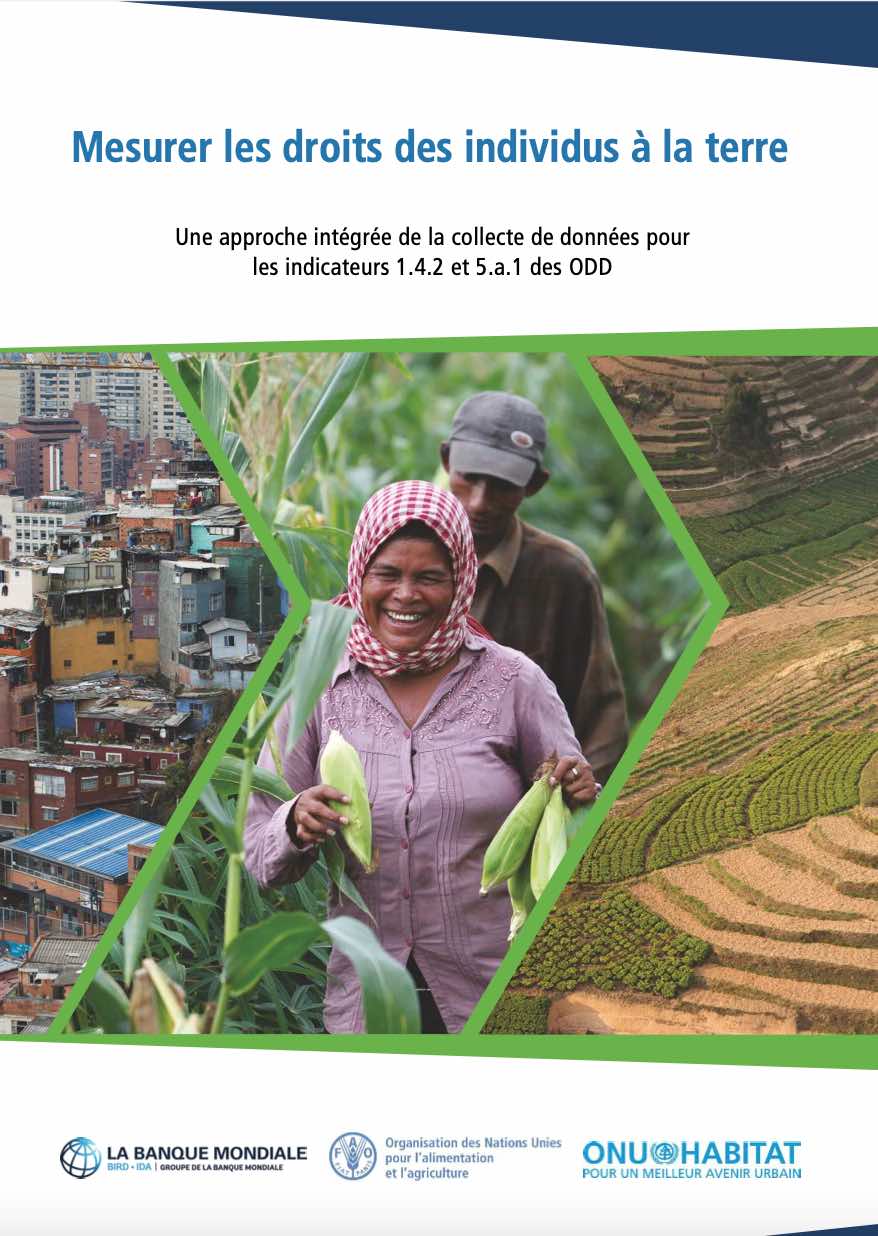The root of inequality? Customary Tenure and Women’s Rights to Land in West Africa
This is the report of a webinar held by Land Portal on 24th March 2021.
In much of West Africa, women are considered breadwinners responsible to provide food for the family. However, women do not only own less land but also face manifold obstacles in accessing land through transfers, inheritance, or lease. The tenure security of this group has been threatened by large-scale land deals, state appropriation in the name of the public interest, and the often-discriminating practices of customary tenure systems.








